10 October 2025
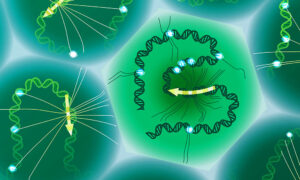
EMBL scientists have developed a more sensitive single-cell sequencing tool that links genomic variants and RNA in the same cell, helping to better uncover links to complex diseases.
SCIENCE & TECHNOLOGY
29 November 2024
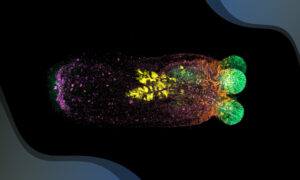
Scientists have shown how regenerating sea anemones restore their shape following a major injury, uncovering novel cellular and molecular mechanisms.
SCIENCE & TECHNOLOGY
4 July 2023

Three EMBL group leaders and six EMBL alumni were recognised for their contributions to the life sciences.
LAB MATTERSPEOPLE & PERSPECTIVES
2023
lab-matterspeople-perspectives
4 March 2021
Scientists in the Stegle group and colleagues have studied induced pluripotent stem cells from around 1,000 donors to identify correlations between individual genetic variants and altered gene expression. They linked more than 4,000 of the genetic variants responsible for altered expression…
SCIENCE & TECHNOLOGY
2021
sciencescience-technology
6 August 2020
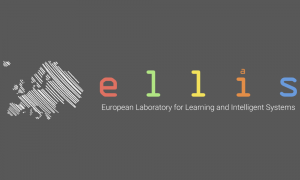
Researchers from all life science disciplines – from fundamental biological research to medical applications – generate immense datasets. Analysing these datasets and gaining new knowledge from them is a growing challenge for scientists. The fields of artificial intelligence (AI) and machine…
LAB MATTERSSCIENCE & TECHNOLOGY
2020
lab-mattersscience-technology
30 June 2020
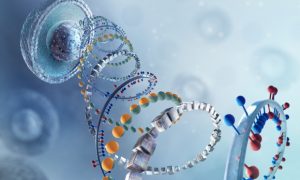
A national consortium including EMBL and the DKFZ is set to launch the German Human Genome–Phenome Archive, creating an invaluable bridge between fundamental biomedical research and applied healthcare.
CONNECTIONSLAB MATTERS
2020
connectionslab-matters
22 June 2020
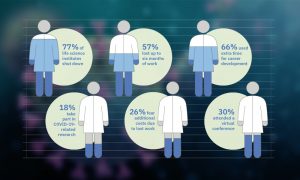
Jan Korbel and Oliver Stegle have performed a survey of fellow life scientists to learn how the current crisis, with partial or complete institutional shutdowns, is affecting their work.
LAB MATTERSSCIENCE & TECHNOLOGY
2020
lab-mattersscience-technology
13 May 2020
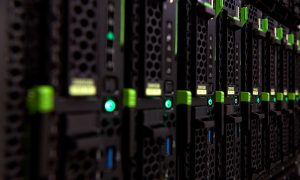
EMBL scientists will contribute to the new German COVID-19 OMICS Initiative to study the biological mechanisms contributing to coronavirus infections. EMBL group leaders Jan Korbel and Oliver Stegle, who is also affiliated with the DKFZ Heidelberg, will coordinate the set-up of IT infrastructures…
SCIENCE & TECHNOLOGY
2020
sciencescience-technology
16 November 2018

How EMBL scientists are using machine learning to advance biology
LAB MATTERSSCIENCE & TECHNOLOGY
2018
lab-mattersscience-technology
23 October 2018
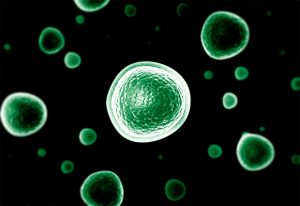
ERC grantees Wolfgang Huber and Oliver Stegle share their vision for the next 10 years
SCIENCE & TECHNOLOGY
2018
sciencescience-technology
23 August 2018
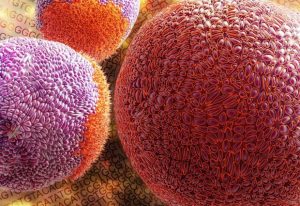
Large-scale systematic analysis explores how inherited genome affects drug response of cancer cells
SCIENCE & TECHNOLOGY
2018
sciencescience-technology
20 June 2018
New computational method uses multi-omics analysis for personalised medicine
SCIENCE & TECHNOLOGY
2018
sciencescience-technology
22 March 2018
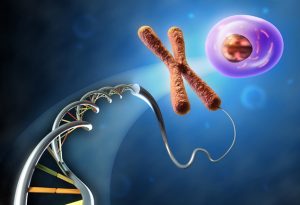
What does a cell's location tell us?
SCIENCE & TECHNOLOGY
2018
sciencescience-technology
28 February 2018
New technique offers insight into early cell life
SCIENCE & TECHNOLOGY
2018
sciencescience-technology
6 June 2017
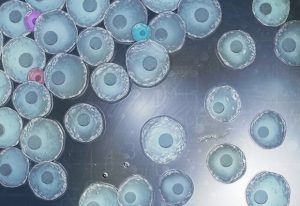
Two EMBL researchers are exploring new ways to filter out noise and get to the data they need
SCIENCE & TECHNOLOGY
2017
sciencescience-technology
11 May 2017
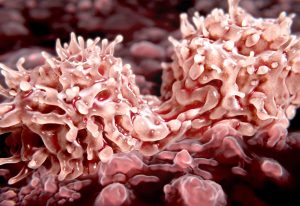
Introducing one of the largest collections of high-quality human induced pluripotent stem cells
SCIENCE & TECHNOLOGY
2017
sciencescience-technology
6 March 2017
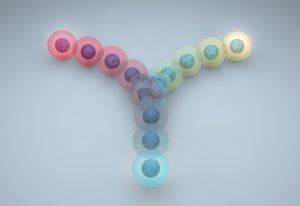
Reconstructing T-cell development in high resolution
SCIENCE & TECHNOLOGY
2017
sciencescience-technology
13 February 2017

EMBL scientists discovered that common mutations can change the shape of gene promoters
SCIENCE & TECHNOLOGY
2017
sciencescience-technology
11 January 2016

New method is first to enable parallel profiling of the transcriptome and epigenome of a single cell.
SCIENCE & TECHNOLOGY
2016
sciencescience-technology















